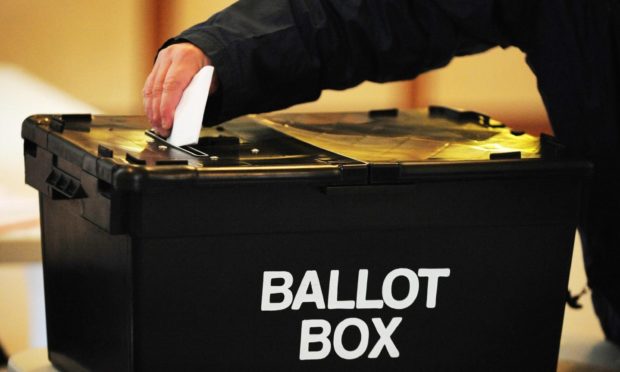The sacked former manager of Arbroath Town Mission has been awarded almost £20,000 following a damning employment tribunal ruling.
Wilma Swankie took legal action after claiming she was fired in July 2017, after two decades in work, for going to the charity regulator and making protected “whistleblowing” disclosures.
She raised concerns with the Office of the Scottish Charity Regulator (OSCR) over the mission’s constitution, following a difference of opinion over membership and voting rights.
Miss Swankie believed the town mission was acting illegally in excluding people from being able to become members if they did not regularly attend church.
Employment judge Ian McFatridge has awarded Miss Swankie £19,298 after describing her dismissal as “completely unfair”. He said Arbroath Town Mission had made “a complete mess of things (from) the very beginning”.
He said she did “nothing wrong” and “did not contribute to her dismissal”.
Mr McFatridge said the tribunal “found this a difficult case”, largely because it did not feel any of the three witnesses for Arbroath Town Mission “were either credible or reliable”.
The judgement stated centre manager Moira Milton “kept changing her evidence” and board member Derek Marshall “sought to back track” and “similarly changed his evidence considerably on re-examination”.
It also said that fellow board member Andrew Inglis “appeared unwilling to answer questions” and when he did “he appeared to give whatever answer he thought would suit”.
Mr McFatridge said the cross-examination during the employment tribunal was “extremely lengthy” and the principal reason for this “was that Ms Milton kept changing her evidence”.
He said: “After a time it became clear to the tribunal that rather than try to assist the tribunal by giving honest evidence as to her recollection as to what had occurred she would try to give whatever answer she thought might advance the respondent’s case.”
Mr McFatridge said the evidence of Mr Marshall “was in similar form” but he was “more aggressive in his fencing” with Miss Swankie’s solicitor Nick Whelan.
He said: “Similarly he sought to back track when the answers he had previously given led him into difficulty once their implications were explored.
“He was also offhand in a number of his answers.”
He said Mr Marshall “similarly changed his evidence considerably on re-examination” and withdrew various remarks he had previously made.
The judgement added: “Mr Inglis was similar although he was less aggressive in his dealings with Mr Whelan.
“Once again he appeared unwilling to answer questions. When he did, he appeared to give whatever answer he thought would suit.
“Then he would withdraw that answer and give a different one once the implications of the previous answer became clear to him.”
The judgement said the tribunal’s view was the principal reason for the dismissal “was indeed the fact that the claimant had made these protected disclosures”.
It said the procedure the mission adopted and way it went about dismissing Miss Swankie “was completely unfair and entirely out of line with employment law and practice”.












